|
Selecting the optimal location for a beehive is a critical decision for successful beekeeping. The location of a hive plays a pivotal role in the health and productivity of the bees.
Accessibility is key, especially during routine maintenance and honey extraction. Placing the hive in an open space provides ease of access and enough room for maneuverability, crucial for newcomers to beekeeping who might initially feel apprehensive around the bees. Sunlight exposure is vital for bees. However, excessive exposure to direct sunlight can harm their health and productivity. Aim for a location that receives morning sun while providing shade during the hotter parts of the day. Consider the flight path of the bees once they settle in. The industrious insects will establish a preferred route to their favorite foraging spots. Place the hive away from high human traffic areas to avoid accidental collisions and disturbances to their routine. Selecting a floral-rich area like an orchard nearby will attract them while minimizing encounters with people. Water accessibility is crucial for bees to remain hydrated and regulate their hive's moisture levels. A natural water source near the hive is optimal, ensuring they won’t use the pool or pet water dishes. Be mindful that excessive humidity in shady or damp areas could lead to moisture accumulation within the hive, potentially causing harm to your bee colony.
0 Comments
Dr. Christopher C. Babcock obtained an MD from the University of Louisville. He also graduated from dental and medical school and completed an Oral and Maxillofacial Surgery residency. Christopher C. Babcock, MD, is also a member of the American Association of Oral and Maxillofacial Surgeons (AAOMS).
The American Association of Oral and Maxillofacial Surgeons is a professional organization that represents oral and maxillofacial surgeons in America and around the world. It is governed by an 11-member Board of Trustees, whose goal is to promote the profession of dentistry and the specialty of Oral and Maxillofacial Surgery. The organization contributes to the public good by supporting education, research, standards of practice, and scientific investigation in Oral and Maxillofacial Surgery. It also offers professional and social development opportunities and publishes the Journal of Oral and Maxillofacial Surgery. The AAOMS' functions and objectives are outlined in its Governing Rules and Regulations, including the Constitution & Bylaws, Code of Professional Conduct, and Policies. Christopher C. “Chris” Babcock, MD, DMD, is an accomplished oral surgeon who has practiced through Louisville Oral Surgery and Dental Implants since 2018. When he isn’t leveraging his MD and DMD at work, Dr. Christopher C. Babcock enjoys many active hobbies, including Bikram yoga.
Although many people mistake Bikram yoga for “hot yoga,” the former is actually a category of the latter. A number of different yoga styles can be called “hot yoga” if their practice occurs in a hot room. Bikram yoga is a specific form of hot yoga that involves repeating 26 common hatha poses in a cycle of sets that repeat over the course of an average 90-minute session. Although some advanced Bikram classes will incorporate inversions and other more difficult poses, beginner classes will generally stick to easier poses such as triangle and tree poses. Most Bikram yoga classrooms are quite hot and kept at relatively high humidity, often reaching temperatures as high as 105 degrees Fahrenheit and humidly levels of 40 percent. An accomplished oral and maxillofacial surgeon with both a DMD and an MD, Dr. Christopher C. “Chris” Babcock has been practicing through Louisville Oral Surgery and Dental Implants in Louisville, Kentucky, since 2018. Christopher C. Babcock, MD, DMD, holds active membership in several medical organizations, including the American Association of Oral and Maxillofacial Surgeons.
With a membership base that includes over 9,000 surgeons, the American Association of Oral and Maxillofacial Surgeons (AAOMS) engages in a wide range of research, advocacy, and education initiatives. It provides critical training and networking outreach through the AAOMS Annual Meeting. The 104th AAOMS Annual Meeting will take place from September 12-17 in New Orleans, Louisiana. The event will feature workshops and sessions on issues that range from medical billing coding to advanced cardiovascular life support. It will also feature well over a hundred speakers ranging from Emory University School of Medicine surgery and pediatrics professor Shelly Abramowicz to University of Texas Southwestern Medical Center oral and maxillofacial surgery professor John R. Zuniga. Motivational speaker and author Kevin Brown will deliver a keynote address that examines the essential traits of heroes. Christopher C Babcock MD is a surgeon at the Louisville Oral Surgery and Dental Implants Louisville, where he performs dental extractions, wisdom teeth removal, dental implants, and oral pathology. Dr. Chris Babcock was a member of the Kentucky Board of Dentistry. Outside his work, Chris Babcock DMD actively engages in charity. He belongs to the American Association of Oral and Maxillofacial Surgeons. He also enjoys playing the guitar and keeping bees.
A few factors to consider when relocating a beehive include whether it's a short journey or a long distance. Moving beehives is a complex process that requires preparation. When moving beehives, you should consider the time of day when transporting a beehive. When nearly all bees are in the hive, the best time to relocate is at night or early in the morning. Block the entrance and move the hive to its new position. You risk leaving the wandering bees if you try throughout the day. Close any entrances so the bees can't get out once they've returned home. It would be best to cover the openings, and you can reveal the door once the hive has gotten to its new site. Keep the bees isolated for the first two days, and if feasible, provide adequate ventilation. Some bees will reorient themselves the next time they go out if they are locked up. 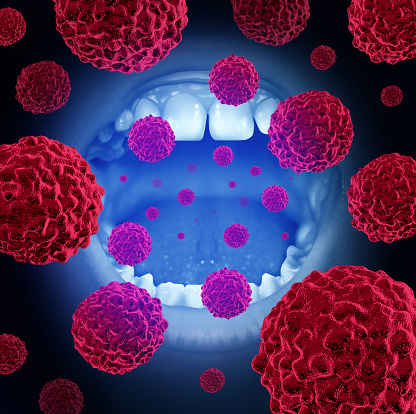
Christopher C. Babcock, MD works as an oral and maxillofacial surgeon and a business and healthcare executive. As an executive, Dr. Chris Babcock is the owner and managing partner of Babcock Realty. An oral and maxillofacial surgeon, Christopher C. Babcock, MD is a member of the American Association of Oral and Maxillofacial Surgery (AAOMS). The AAOMS aims to provide patients with access to safe and effective care through oral and maxillofacial surgery. The organization also promotes and advances the skills and professionalism of AAOMS members. AAOMS uses various measures to achieve its goals, one of which is raising oral cancer awareness. Out of all the people newly diagnosed with oral and pharyngeal cancer, only 60 percent will live past five years. Because oral and pharyngeal cancers are usually discovered late, the fatality rate associated with them remains high. Comprised of dental and medical practitioners who treat these cancers, AAOMS encourages oral cancer awareness by supporting two oral cancer programs observed in April. These are the Oral Head and Neck Cancer Awareness Week (OHANCAW) and the Oral Cancer Awareness Month. Both programs are organized by the Head and Neck Cancer Alliance and Oral Cancer Foundation, respectively. via WordPress https://ift.tt/2ZJxiMe 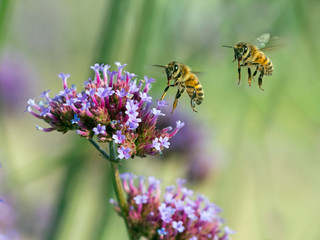
Christopher C. Babcock, MD, DMD, studied dentistry and medicine at the University of Louisville and graduated with oral and maxillofacial surgery residency. For his bachelor’s, he studied biology at Indiana University, Bloomington, Indiana. Christopher C. Babcock is one of the several people in the United States that practice beekeeping as a hobby. Africanized honey bees, as a new sub-species, were introduced into the United States in the 1990s. At the time, the goal was to improve the endurance of the current bee species in the United States. But, because of their terrible reputation, these honeybees are dubbed ‘Killer Bees.’ Not only do the bees abscond (abandon the hive), they become very easily enraged at the slightest provocation. Africanized honey bees are difficult to work with because of their temperament. For beekeepers, wearing full-body protective garments all the time, especially in hot weather, can rapidly become quite uncomfortable. European honey bees, in comparison, take a long time to sting, and when they do sting, they create smaller clusters with fewer bees than Africanized bees. via WordPress https://ift.tt/3mTNpPu 
Christopher C. Babcock MD, DMD, is an experienced dentist with about two decades of experience. As an oral and maxillofacial surgeon, he performs dental implant surgeries, dental extractions, wisdom teeth removal, and oral pathology procedures for patients. Christopher C. Babcock became a dentist after studying at the University of Louisville from 1993 to 2003. If you want to become a dentist after high school, there are many things you should do to make the process easy for yourself. The first and arguably the most important is to find out more about the line of work. You can achieve this by talking to a dentist or shadowing one at their office to get a better grasp of what you’re going for. After that, it helps to have a post-secondary degree in science. Subjects like anatomy, biology, chemistry, pharmacology, etc. will be required on the way to becoming a dentist. The science subjects in high school will let you know whether you do appreciate some of the topics covered in dental school. However, don’t be disheartened if biology isn’t your strong suit; there are many dentists who majored in other non-science disciplines. via WordPress https://ift.tt/3uTeh5E |
AuthorChristopher C. Babcock, MD - Meeting Kentucky Patients’ Dental Needs. Archives
February 2023
Categories |
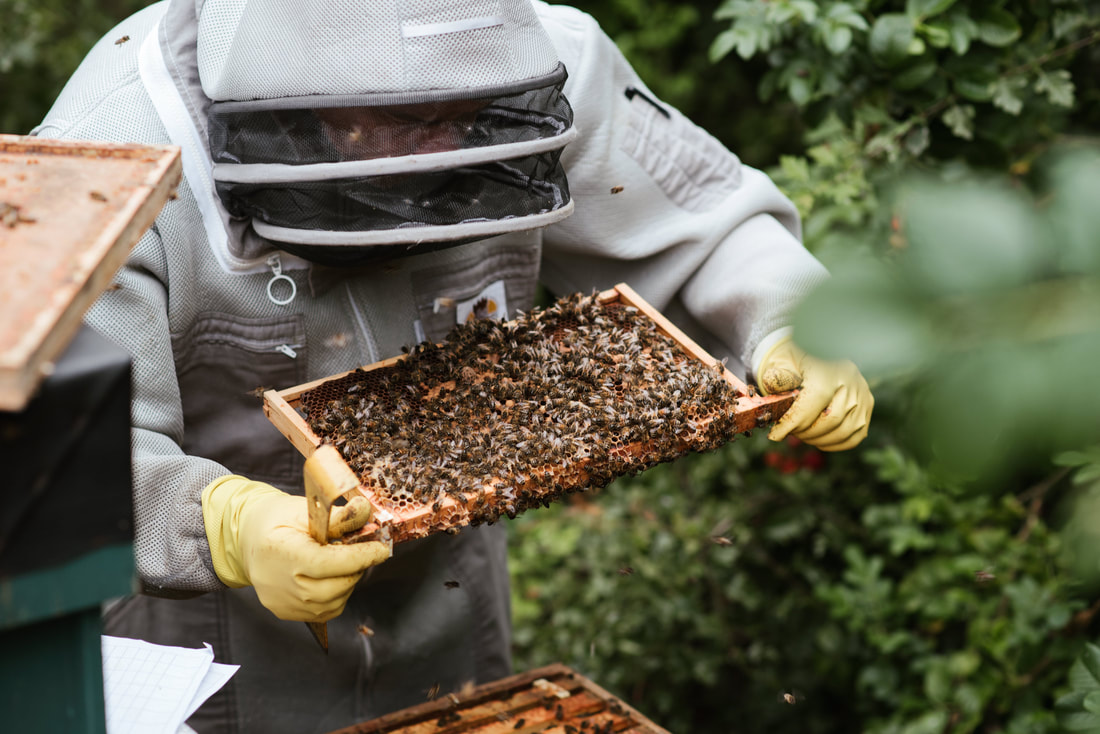
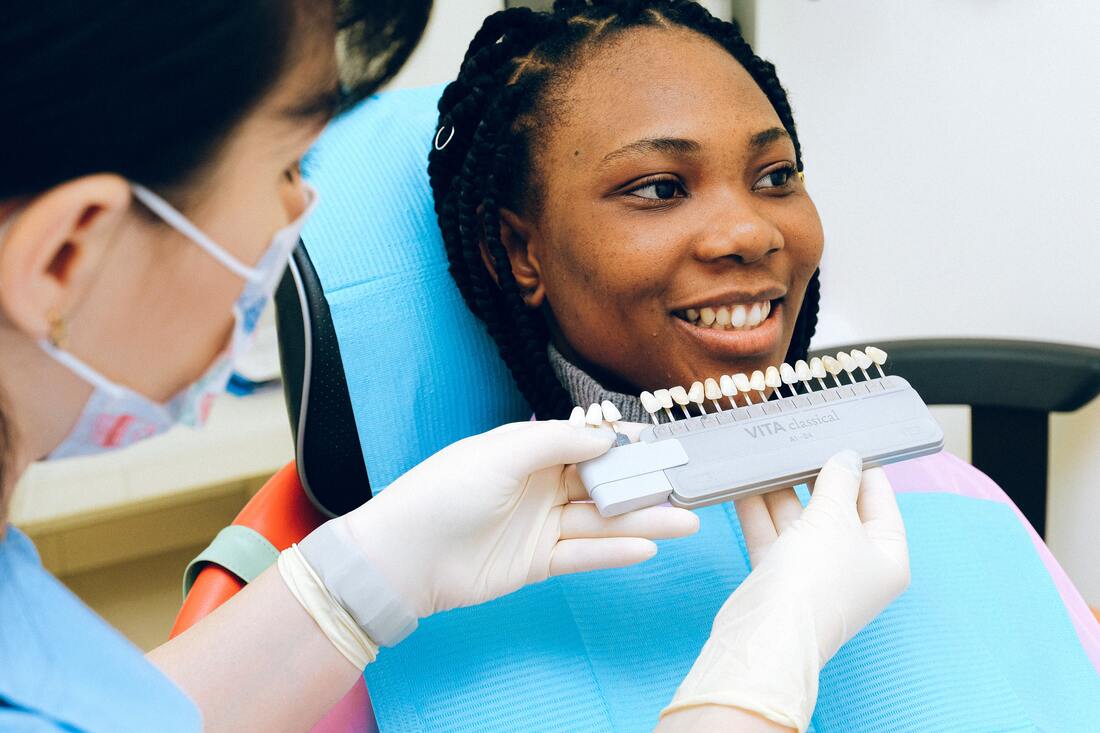

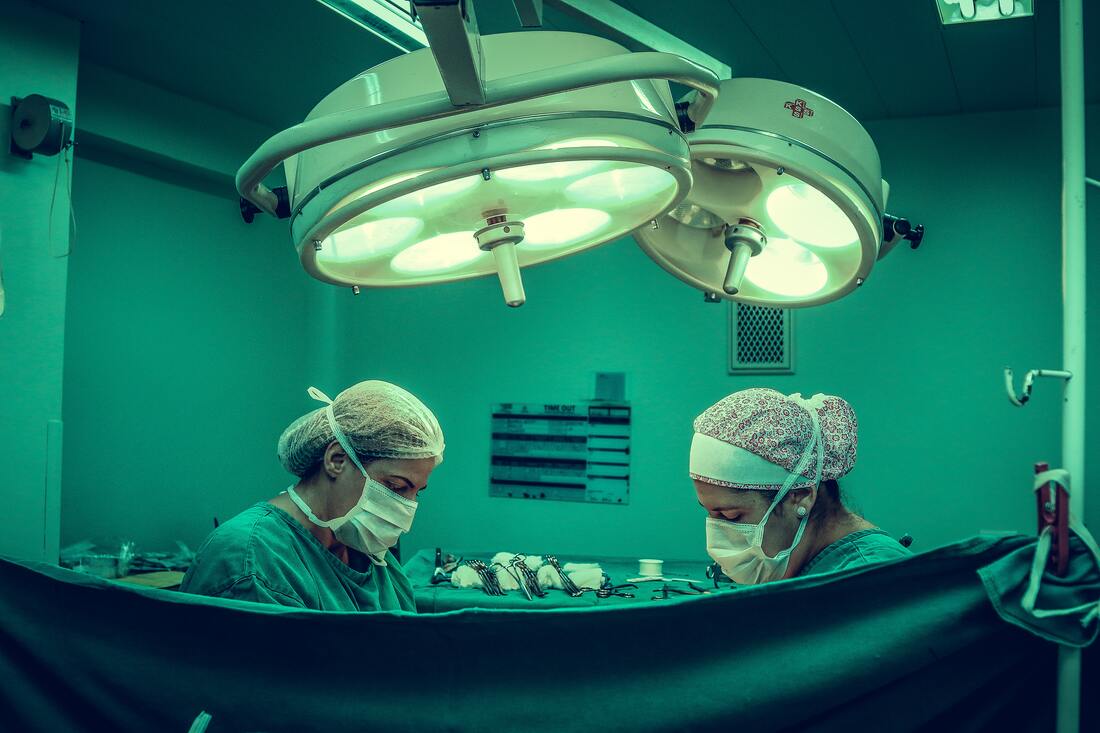
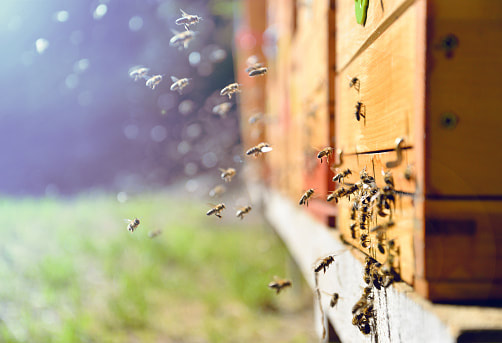
 RSS Feed
RSS Feed
